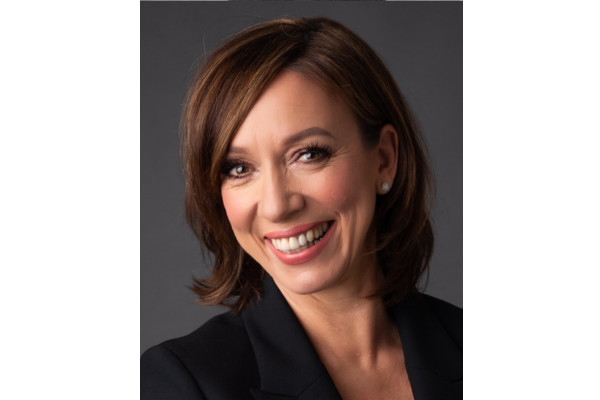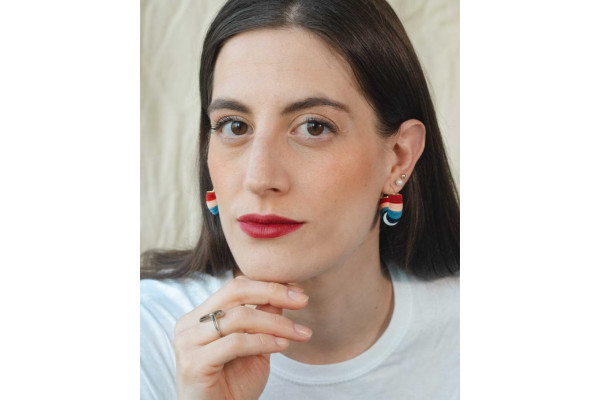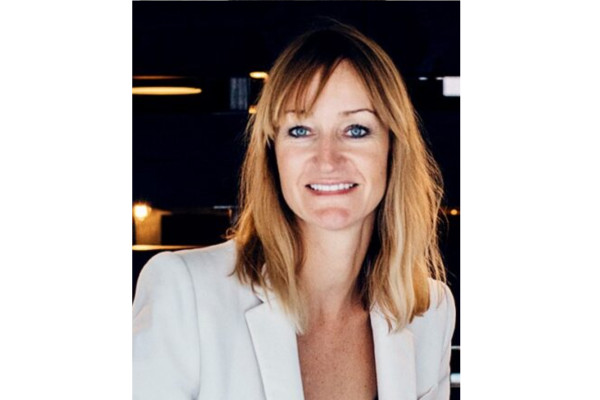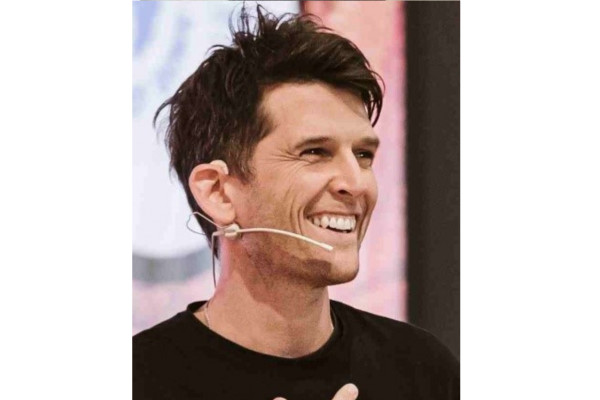CIRCULAR ECONOMY AND THE SOCIAL MEDIA SPOTLIGHT
The circular economy does not live by laws, high finance and prayers alone. This is sometimes taken for granted, yet the transition to a closed-loop model also needs influencers.
Real professional figures that are difficult to fit into a single model, influencers populate social networks such as Instagram, Linkedin and Twitter with communities of tens of thousands (and sometimes millions) of followers. Expert communicators hover constantly between popularisation and marketing: they know how to involve, push or divert the consumption of the masses, but also inspire and show the way to renounce and abandon the old model of linear economy to public officials, managers and CEOs.
Companies knows that the trick lies in understanding and engaging your target audience. If it is true that greenwashing is just around the corner, it is equally true that being an influencer in the third millennium means being eco-literate, even before your followers, to be able to act as a filter instead of becoming a sounding board for deceptive communication strategies.
If you are now curious to discover the responsibilities of this new profession, here are 5 influencers who are working on the circular economy in Europe.
According to The State Of Influencer Marketing Report 2023, a report curated by Influencer MarketingHub, the Influencer Marketing sector is set to grow to $21.1 billion in 2023.

Ladeja Godina Košir
Ladeja Godina Košir (+8400 followers on Linkedin), Founder and Executive Director of Circular Change and co-chair of the European Circular Economy Stakeholder Platform (ECESP), exclusively for Ecomondo, tells us why: “Given the current development of social media, we can say that everyone can become media. What I find relevant when we discuss influencers, first of all, is that we need to understand how to include and integrate them, instead of ignoring a phenomenon that definitely has a strong impact.”
PSLifestyle, a Horizon 2020 project with Circular Change and the Finnish innovation fund SITRA as partners, has been launched in eight European countries and will appoint influencers as ambassadors, as an example to bridge the gap between climate awareness and individual action. “Besides their content, it’s important that influencers communicate their values. The most important thing is to walk the talk, showing people realistic solutions. No more preaching about climate change and other crises. This does not lead to engagement, because as individuals those speeches don’t address us personally, they don’t discuss our personal concerns, desires or dreams. To engage we need to be able to go back to imagining our future in a more tangible way.”
The key is in showing a way forward. After all, social networks are showcases that make it possible to combine classic marketing with dissemination and information activities, when wisely used.

Camilla Mendini
“When I decided to transition from YouTube to Instagram in 2016, I created a community totally based on sustainability, therefore no longer speaking only about sustainable fashion, but also opening up in a holistic way to the solutions that can be adopted in everyday life, circular economy included,” explains populariser and entrepreneur Camilla Mendini, username Carotilla (+102 thousand followers on Instagram). “When the first companies started contacting me, I was faced with the risk of greenwashing. It became necessary to distinguish which companies had really adopted the circularity value from those that only wanted to use social media to make themselves look good in the eyes of customers. I’ve always approached the products as a consumer. I am not against consumption, but I believe in conscious consumption: which translates into few purchases, made with mindfulness, understanding how to use the products, maintain them and extend their life. I’ve always considered important to show my followers simpler aspects such as the environmental and economic advantages of choosing refurbished products or the convenience of repairing a dress at home.”

Bea Johnson
There is no shortage of influencers and communities for those who have espoused the zero-waste mantra, in this digital landscape that is boundless by nature. Leading example is Bea Johnson (+251 thousand followers on Instagram), described by CNN as ‘the mother of the zero-waste lifestyle’. Bea is an outspoken American author, speaker and minimalist. You can find her by typing in the username ‘zerowastehome’: her content aims to shatter the false beliefs associated with the zero-waste lifestyle by ‘showing the time and money saved by helping the planet.’

Harald Friedl
Like Ladeja Godina Košir, on Linkedin – the world’s largest professional network – you can also find Harald Friedl (+30 thousand followers). Harald is one of Europe’s best known circular economy advocates as well as an activist, action accelerator, entrepreneur, mentor and consultant. He was CEO of Circle Economy from 2017 to 2020, an 80-strong impact organisation based out of Amsterdam, and co-founder of Impact Hub Myanmar. He is an experienced consultant and one of the most active promoters of circular innovation, currently working as an accelerator of the transition to the circular economy for the Austrian government and part of the High-Level Climate Action Champion’s Team at COP27.

Teresa Agovino
Speaking of consultancies and companies: as Teresa Agovino (+13.4 thousand followers on Instagram) – consultant to the UNWTO (World Tourism Organisation), the UN agency responsible for promoting responsible, sustainable and universally accessible tourism – tells us, the influencers most capable of sniffing out greenwashing could soon carve out a role of greater responsibility: “When companies contact me, I obviously perform a thorough analysis on them. In case they are not aligned with my sustainability philosophy, I prefer avoiding a straight no or declining to collaborate in the marketing campaign. Instead, I try to give a series of advice in a consultative style, obviously very reduced because of financial and timing reasons. I do this in order to allow people to understand the risks of greenwashing and possibly to steer them towards more structured and more conscientious sustainability policies. And the effect of this gentle nudge is twofold. That is, if the company is deliberately greenwashing, maybe they will reconsider. On the other hand, if the company is not deliberately greenwashing, but had simply entrusted the management of the project to the marketing or communications area, maybe they’ll start thinking about sustainability in a more holistic way.”
In conclusion, if you are reading this article on a smartphone or on your PC and you are still not convinced of the importance of influencers for the circular economy, I pose you one last Hamlet dilemma: is it better to influence by preaching a model of a Short Twentieth Century economy or to be influenced?
An article written by Emanuele Bompan and Giorgio Kaldor

